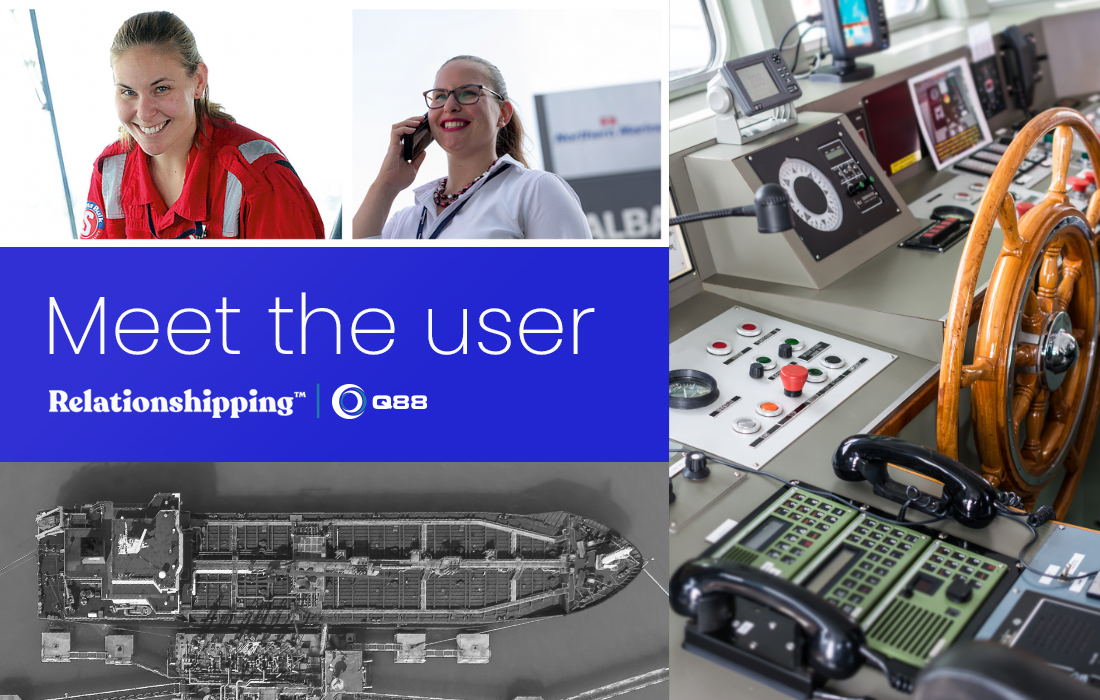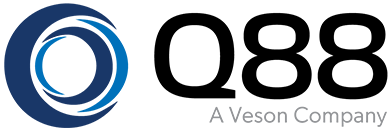
Welcome to our series, Meet the User, designed to give our customers a voice and our readers the opportunity to gain an insider perspective on our products and solutions. Through this series, we aim to connect and educate the shipping community, and inspire innovation and industry growth.
Meet Nikolina E. Pahljina, Vetting Superintendent and Clearance Team Leader at Northern Marine Management Limited.
The Northern Marine Group is a global family of companies dedicated to providing quality ship management and marine services solutions. With a mission to provide reliable and efficient management, combined with optimum operational safety, Northern Marine Group has a sizable and diverse fleet of managed vessels and a considerable international pool of marine and offshore personnel with extensive experience in technical management and the management of multinational crews. Established in 1983, they adhere to the highest safety, environmental, energy and quality standards while delivering a wide scope of ship management and marine services.
Interviewer: Tor-Arne Berger, Q88 Product Manager
Tor-Arne: Hi Nikolina. I appreciate you taking the time to participate in our series. Can you begin by telling us more about your role and how often you use the Q88 system?
Nikolina E. Pahljina: I am a Vetting Superintendent and Clearance Team Leader at Northern Marine, and my team uses Q88 on a daily basis. For clearance and vetting, the Q88 questionnaire is of the utmost importance, but the database also has various questionnaires that we use in the screening processes for our vessels on a frequent basis. In addition to that, our crewing department frequently uses the crew metrics feature. My team also uses the certificate management feature, which the commercial team can directly access as well, making it useful for keeping everyone on the same page. Also, Q88 is very valuable for our screening business that we do for other Company, both tanker and dry bulk version.
Tor-Arne: It sounds like you are using a majority of the features Q88 offers. Are there any particular parts of the system you find to be the most valuable?
Nikolina: I find that all of the modules in Q88 have been equally valuable, since we use a majority of the functions on a daily basis and are able to extract relevant data from each one. The inspection module is one that is especially useful for me, because it makes it easy to pull pertinent observations about our ships at key points in time, like at the end of the month or when a new project comes in. The fact that so many oil companies are using Q88 also makes it more compelling for us. We have multiple fleet groups under our management, so we’re using Q88’s analytics to compare them to one another, as well as to compare them to different vessels in the same class and industry benchmarks.
Tor-Arne: Since more people have begun going back into the office, how have Q88’s cloud-based solutions helped you balance remote and in-office work?
Nikolina: Because we can access Q88 solutions with just an internet connection, it has been extremely useful for both remote and in-office work. We are currently on a hybrid model, and we have been able to use the solution on all of our connected devices, including work laptops and work phones. Everyone can easily access the information they need, when they need it—whether they are in the office or not.
Tor-Arne: What, if anything, would be an additional feature that you’d like to see added to Q88?
Nikolina: Q88 is really strong in integration, but one area that would be particularly beneficial is stronger integration with our classification societies. For instance, if a classification society issues a certificate, it would be really useful to more seamlessly bring that data into Q88, and vice versa, without added manual effort. Having stronger integration with the CDI would be great as well, since we are seeing that aspect of the inspections towards other vessel types beyond chemical and LPG increase.
Tor-Arne: As we near the end of Women’s History Month, can you talk more about what this means to you?
Nikolina: Since I started sailing quite some time ago, there were far fewer women on the ships, and in the industry as a whole, compared to today. Over the course of ten years, I remember being onboard with two female cadets on one vessel, and that was the most I had ever encountered. Since that time, there has definitely been an increase in women working onboard and shoreside. That makes me really happy because I remember how hard it was for me in the beginning to get my own cadetship and take up a role on a vessel. I’m really glad that we’re seeing greater representation and equality in the industry today.
Tor-Arne: What advice would you give to young women who are interested in pursuing a career in maritime?
Nikolina: For me, the decision to join the industry was very personal, as I loved the sea and shipping was close to my heart. I had a lot of friends and family who were captains on ships, which really sparked my interest. I also really enjoyed my time sailing, and it helped to set me up for success in my role today. However, the maritime industry includes much more than working on a vessel. There are so many different career opportunities that give young women the chance to grow professionally and personally. There is a lot of room for career development and growth, and you also get the chance to work with people from a broad variety of different backgrounds, which makes it quite exciting.
Tor-Arne: Thank you, Nikolina. We really appreciate it. Thank you so much for speaking with us!

